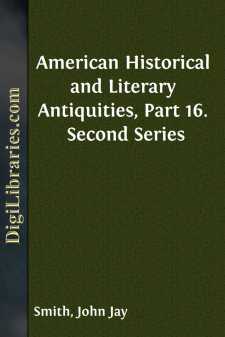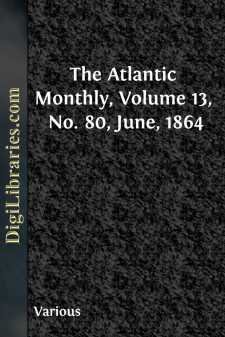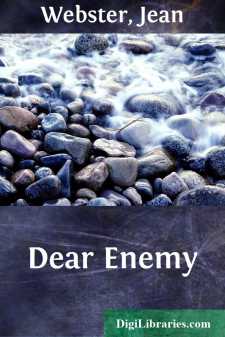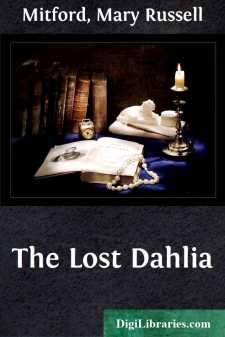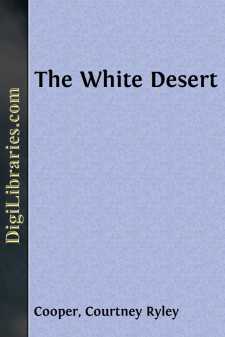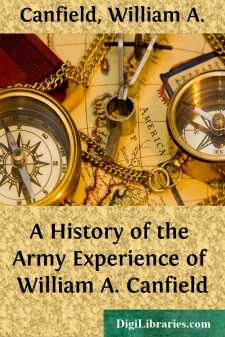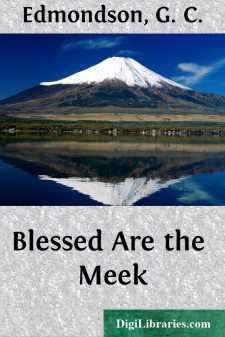Categories
- Antiques & Collectibles 13
- Architecture 36
- Art 48
- Bibles 22
- Biography & Autobiography 813
- Body, Mind & Spirit 142
- Business & Economics 28
- Children's Books 17
- Children's Fiction 14
- Computers 4
- Cooking 94
- Crafts & Hobbies 4
- Drama 346
- Education 46
- Family & Relationships 57
- Fiction 11829
- Games 19
- Gardening 17
- Health & Fitness 34
- History 1377
- House & Home 1
- Humor 147
- Juvenile Fiction 1873
- Juvenile Nonfiction 202
- Language Arts & Disciplines 88
- Law 16
- Literary Collections 686
- Literary Criticism 179
- Mathematics 13
- Medical 41
- Music 40
- Nature 179
- Non-Classifiable 1768
- Performing Arts 7
- Periodicals 1453
- Philosophy 64
- Photography 2
- Poetry 896
- Political Science 203
- Psychology 42
- Reference 154
- Religion 513
- Science 126
- Self-Help 84
- Social Science 81
- Sports & Recreation 34
- Study Aids 3
- Technology & Engineering 59
- Transportation 23
- Travel 463
- True Crime 29
Sort by:
by:
John Jay Smith
No description available
by:
Various
Talk about guides! Let Independence, Self-Conceit, and Go-ahead undervalue them, if they will; but I, Sola Fœmina, (for that is the name I go by,) of Ignorance, (the place I hail from,) casting up my unbalanced accounts, (with a view to settling,) find a large credit due to this class of individuals, which (though I have not the means to meet) I have no intention to repudiate. Now and then, to be...
more...
by:
Various
We select this Engraving as an illustration of the elaborate sculptural decoration employed in domestic architecture about three centuries since; but more particularly as a specimen of the embellishment of the ecclesiastical residences of that period. It represents a chimney-piece erected in the Bishop's palace at Exeter, by Peter Courtenay, who was consecrated Bishop of Exeter, A.D. 1477, and...
more...
by:
Jean Webster
Dear Judy: Your letter is here. I have read it twice, and with amazement. Do I understand that Jervis has given you, for a Christmas present, the making over of the John Grier Home into a model institution, and that you have chosen me to disburse the money? Me—I, Sallie McBride, the head of an orphan asylum! My poor people, have you lost your senses, or have you become addicted to the use of opium,...
more...
If to have "had losses" be, as affirmed by Dogberry in one of Shakspeare's most charming plays, and corroborated by Sir Walter Scott in one of his most charming romances—(those two names do well in juxtaposition, the great Englishman! the great Scotsman!)—If to have "had losses" be a main proof of credit and respectability, then am I one of the most responsible persons in the...
more...
THE WHITE DESERT CHAPTER I It was early afternoon. Near by, the smaller hills shimmered in the radiant warmth of late spring, the brownness of their foliage and boulders merging gradually upward to the green of the spruces and pines of the higher mountains, which in turn gave way before the somber blacks and whites of the main range, where yet the snow lingered from the clutch of winter, where the...
more...
HISTORY. I was born on the 10th of June, 1840, in Thornton, a small town in the northern part of New Hampshire. I was the youngest of six children. Our parents were poor in this world’s goods, but rich in faith and in the knowledge of God as it is in Christ Jesus. My early instructions were limited to a common school, and I was deprived of this at the age of twelve years. Had I improved even these...
more...
CHAPTER I FAT A fat man is a joke; and a fat woman is two jokes—one on herself and the other on her husband. Half the comedy in the world is predicated on the paunch. At that, the human race is divided into but two classes—fat people who are trying to get thin and thin people who are trying to get fat. Fat, the doctors say, is fatal. I move to amend by striking out the last two letters of the...
more...
by:
Edith Campbell
MASTER WILLIE. There was once a little boy called Willie. I never knew his other name, and as he lived far off behind the mountain, we cannot go to inquire. He had fair hair and blue eyes, and there was something in his face that, when you had looked at him, made you feel quite happy and rested, and think of all the things you meant to do by-and-by when you were wiser and stronger. He lived all alone...
more...
by:
G. C. Edmondson
The strangers landed just before dawn, incinerating a good li of bottom land in the process. Their machines were already busily digging up the topsoil. The Old One watched, squinting into the morning sun. He sighed, hitched up his saffron robes and started walking down toward the strangers. Griffin turned, not trying to conceal his excitement. "You're the linguist, see what you can get out of...
more...


